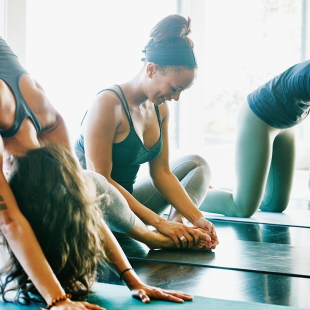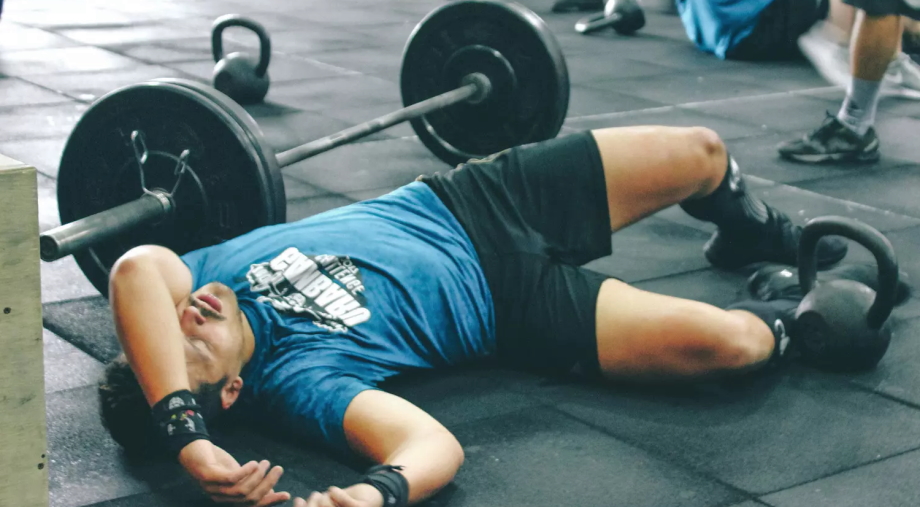Tips to Recovery After Exercise
Rest as well as rehab are important components of every fitness regimen. Your post-exercise rehabilitation regimen greatly influences your health results and athletic results, helping you work out more efficiently. Regrettably, most individuals do not have a post-exercise rehabilitation strategy. Here are few pointers to help you recover after a tough workout.
Tips to Recovery After Exercise
Following are the tips to recovery after exercise:
- Replace the Fluids Lost
You lose a tremendous amount of liquid while exercising, and you must restore it during the workout; filling up afterwards is among the simple ways to muscle recovery.
Any biochemical process and nutrient transport in the body is supported by fluid, and drinking lots of water can boost every biological function. Appropriate fluid recovery is also more necessary for elite players who sweat a lot for long periods of time.
 Consume Healthy Foods
Consume Healthy Foods
If you want the muscle to regenerate, heal tissues, get healthier, and then be prepared for another task after draining the energy reserves with a workout, you must refresh. This is especially crucial if you are doing endurance training on a daily basis or working to develop muscle.
- Relax
Time is among the most effective approaches to rebound (or cure) from almost any infection or accident, and it often helps during strenuous exercise. If you give the body enough time, it has an incredible ability to heal itself.
Resting following a strenuous exercise helps the healing and regeneration phase to proceed at its rate. This isn’t the sole aspect you could do to encourage healing, and it’s perhaps the most significant way to do it.
- Start Taking A Cooling Bath
To heal quicker, minimize muscle numbness, and avoid injury, certain athletes rely on cold showers, ice treatment, and even contrast water treatment (switching warm/cold baths). This approach that constantly constricts and dilates blood vessels aids in the removal (or flushing out) of waste materials from the tissues.

- Have A Good Sleep
Amazing stuff happens in the body as you nap. Anybody who trains daily has to get enough sleep. The body releases Growth Hormone (GH) at night, which is primarily needed for muscle development and recovery.
- Attempt Visualization Exercises
Having a behavioural practice in your fitness regimen will be immensely helpful for any competitor. Spending a lot of time conducting a mental exercise or adhering to a mindfulness therapy regimen will aid in processing a relaxed, clear mentality while reducing anxiety and toxicity.
Learning how the subconscious functions, how emotions will float around, and how you wouldn’t have to stick to them is an excellent opportunity for a sportsperson to heal both emotionally & physically. Additionally, incorporating constructive self-talk will aid in changing the internal conversation. On your healing days, about using all forms of mental practice.





